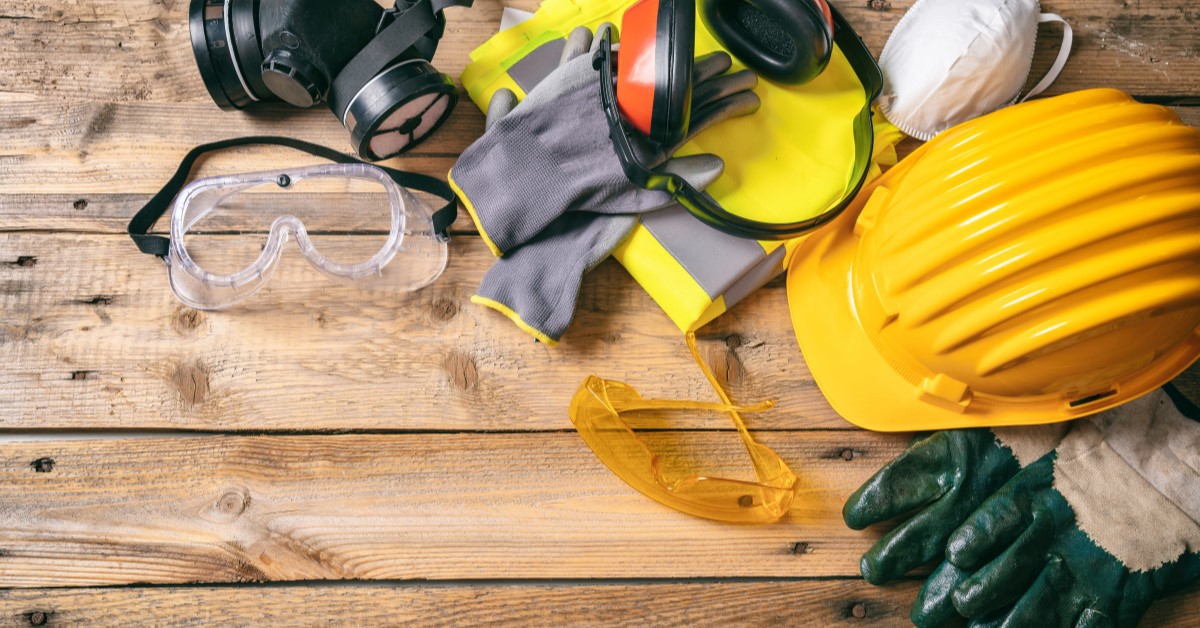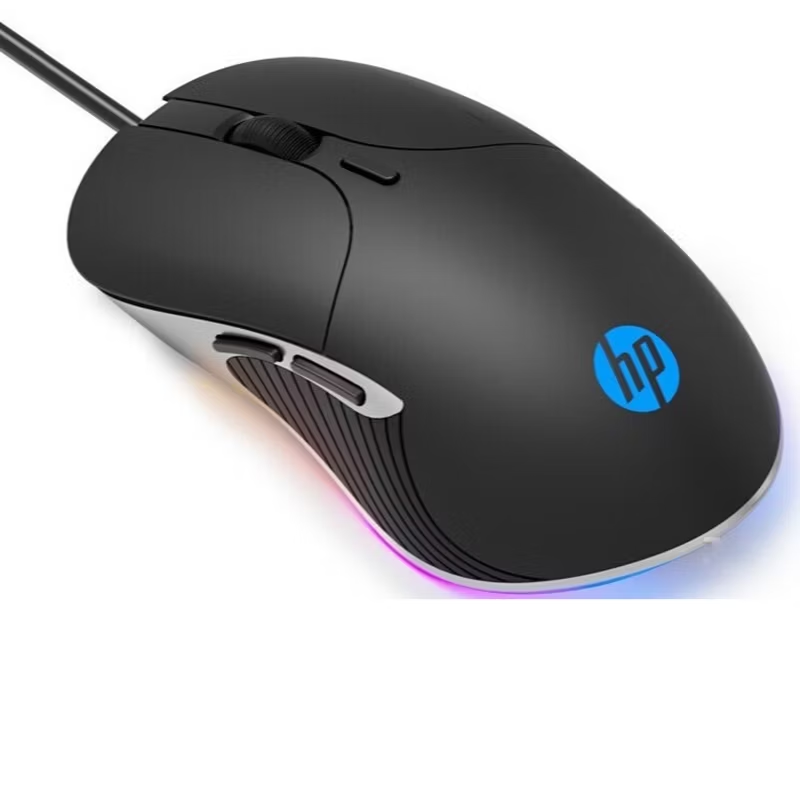Introduction to Remote Safety Audits
Remote safety audits are transforming the way organizations ensure compliance, safety, and efficiency across workplaces. The rise of digital tools and cloud-based platforms has made it possible for companies to implement remote safety audits seamlessly, reducing the need for on-site visits while still maintaining high standards of workplace safety. Remote safety audits offer organizations the ability to conduct real-time checks, identify risks, and address compliance issues without the limitations of geography or scheduling conflicts. By leveraging Safety-Chat solutions, remote safety audits become not only convenient but also more thorough, scalable, and centralized. Remote safety audits bring cost-effectiveness, accuracy, and streamlined reporting, making them a must-have in modern workplace safety management. Companies that adopt remote safety audits gain access to continuous monitoring, smart data insights, and centralized systems that ensure compliance is never compromised. Safety-Chat empowers industries to implement remote safety audits as part of their safety culture, ensuring that risks are identified early and resolved effectively. With centralized safety management, remote safety audits create a unified approach to risk control. Organizations across construction, manufacturing, healthcare, and logistics are rapidly integrating remote safety audits into their safety strategies. In an era where operational efficiency is as important as worker protection, remote safety audits have proven to be the future of safety compliance.
Why Remote Safety Audits Are Essential
Remote safety audits are essential because they provide consistency and accuracy in monitoring workplace safety across multiple job sites. Unlike traditional audits that depend on physical presence, remote safety audits can be carried out virtually with digital tools, sensors, and real-time reporting. Remote safety audits reduce delays, cut costs, and eliminate travel requirements, making them both time-efficient and resource-friendly. Safety managers can conduct remote safety audits from centralized dashboards, ensuring visibility across all operations. These audits also provide a digital trail of safety compliance, making reporting transparent and accessible at any time. Remote safety audits allow organizations to identify risks proactively and create preventive strategies rather than waiting for issues to escalate. For global companies managing several locations, remote safety audits deliver a unified system of compliance that aligns with corporate policies. By utilizing Safety-Chat tools, organizations can conduct remote safety audits while keeping every stakeholder informed. The ability to share reports, collaborate with safety teams, and integrate corrective actions makes remote safety audits highly effective.
Benefits of Centralized Safety Management with Remote Safety Audits
The integration of centralized safety management with remote safety audits provides organizations with unmatched efficiency. Centralized systems allow data from remote safety audits to be stored, analyzed, and retrieved from one platform. This ensures that nothing is overlooked, and all safety activities remain accessible. With centralized management, remote safety audits eliminate redundancy, improve communication, and ensure compliance is consistent across all departments. Remote safety audits with centralized tools also create stronger accountability by providing digital proof of compliance. Managers and safety officers can review historical data from remote safety audits to predict patterns and implement preventive measures. The streamlined workflows created by centralized safety management ensure that remote safety audits become an ongoing process rather than a once-in-a-while inspection. Remote safety audits also empower organizations with advanced analytics, highlighting risks and trends that may go unnoticed in traditional audits. In industries where regulations change frequently, centralized systems make it easy to update remote safety audits to match new compliance requirements. This adaptability ensures organizations remain ahead in safety management while saving costs on external inspections.
Remote Safety Audits in Different Industries
Remote safety audits are highly adaptable and can be applied across various industries with ease. In construction, remote safety audits help supervisors track site compliance, identify equipment hazards, and ensure worker protection without needing to be physically present. In healthcare, remote safety audits provide real-time monitoring of hygiene protocols, equipment safety, and compliance with health regulations. In manufacturing, remote safety audits ensure machines and processes adhere to safety standards while minimizing production interruptions. Logistics and warehousing operations also benefit from remote safety audits by monitoring storage conditions, equipment handling, and workforce safety practices. Oil, gas, and mining sectors adopt remote safety audits to address high-risk environments with continuous monitoring. With Safety-Chat tools, each industry can customize remote safety audits to suit their operational requirements. The adaptability and scalability of remote safety audits make them indispensable for industries that prioritize worker safety while maintaining productivity.
The Future of Safety with Remote Safety Audits
The future of workplace safety is being shaped by digital innovation, and remote safety audits are at the center of this transformation. Organizations no longer need to rely solely on physical inspections to maintain compliance. Remote safety audits supported by centralized safety management provide continuous, data-driven oversight. Advanced features such as AI integration, predictive analytics, and mobile accessibility are enhancing the scope of remote safety audits. Employees and managers benefit from faster reporting, real-time feedback, and collaborative safety management. Remote safety audits will continue to evolve, becoming smarter and more precise with advancements in technology. Companies that embrace remote safety audits will be positioned ahead of competitors, as safety compliance increasingly becomes a marker of operational excellence. Safety-Chat’s advanced solutions ensure that remote safety audits are not only easy to implement but also deeply effective in reducing incidents and ensuring compliance. The long-term value of remote safety audits lies in their ability to provide ongoing safety assurance without increasing operational costs. As industries become more reliant on technology, remote safety audits will stand as the most reliable and efficient method of protecting workers and maintaining compliance across global workplaces.



